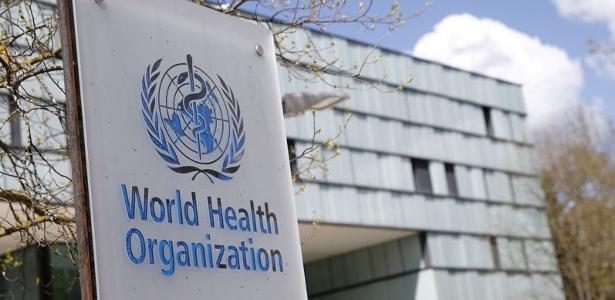Brazil opposes WHO plan to increase global health budget by 50% – 26/01/2022
3 min read
The Brazilian government opposes the idea put forward in Geneva to increase the budget of the World Health Organization, the World Health Organization, by 50%, the project, which was advocated by the summit of the world’s main health agency, is supported by European and African governments. But it faces strong resistance in regions such as the Americas.
Under the proposal, a 50% budget increase would allow the WHO an additional $1.2 billion to combat epidemic outbreaks and address public health challenges.
Government contributions are mandatory. Each country pays based on an account that includes the size of its gross domestic product, development conditions, and other factors. In the Brazilian case, the contribution to WHO is up to US$15 million annually, which places the country as the seventh largest contributor.
However, in recent years Brazil has struggled to pay its contributions.
At the height of the first year of the health crisis, in 2020, governments demanded that the work of the World Health Organization come under some sort of scrutiny and that reforms be proposed. The work concluded that, in fact, changes should occur. But the agency will need a boost in its budget to be able to fulfill its mandate. Today the budget is equivalent to that of a medium-sized hospital in the United States.
Over the past few months, several developing countries that could benefit from more WHO resources have expressed interest in supporting the project.
To try to impress major donors, the idea is that the increase will take place over six years, starting in 2024. At the end of the transition period, the agency will have a core budget of US$2.1 billion, plus specific donations and program supplements.
Internally, the WHO fears that without this increase in resources, the coming years will see a gradual marginalization of the institution. Another scenario is that private donors end up dominating the agency’s agenda. Today, the Gates Foundation is the organization’s largest donor, with $775 million in the 2022 and 2023 budgets. The problem is that only $200 million goes to the regular budget. The rest is used based on the Gates Foundation guidelines.
But despite pressure to increase resources, governments claim that the institution is not sufficiently transparent or efficient in its management to justify increasing public funds.
At a meeting this Tuesday (25) in Geneva, Itamaraty took the floor to justify its position. For the government, the debate about strengthening the WHO must be based on “new starting points”. That is, in the new budget proposal.
Itamaraty considers that any decision on increasing the budget will be made only after decisions are made on efficiency gains, cost reductions, governance and transparency.
According to the government, many countries are still dealing with waves of contamination with Covid-19 and the economic and social impact of the pandemic is profound.
Brazil is not alone in refusing to talk about the increase, with no guarantees of reforms. Japan and other governments also viewed the proposal as a sustainable step, demanding more transparency from the multilateral bureaucracy.
At the end of the meeting, the chair of the working group that was formed to discuss the budget increase acknowledged the lack of consensus. Björn Kommel, of Germany, mediated the negotiation process and noted that a large number of countries supported the proposal, while others wanted the increase to be greater.
But he regretted that one group remained hesitant. Kommel warned that the world may not have a gap anytime soon to promote resource change at the WHO. According to him, if the pandemic doesn’t open that window, there likely won’t be a second chance.
For him, keeping the budget as is “leaves the WHO weak and fragile to prevent a new (health) crisis” in the future. According to the German, without new resources, the role of the World Health Organization will be reduced.
“What we are discussing is not a budget. But the future of the WHO and whether it can fulfill its mandate,” he added, insisting that the current level of funding was “unacceptable.”

“Entrepreneur. Music enthusiast. Lifelong communicator. General coffee aficionado. Internet scholar.”

:strip_icc()/s04.video.glbimg.com/x720/11792055.jpg)

:strip_icc()/s03.video.glbimg.com/x720/11786998.jpg)



